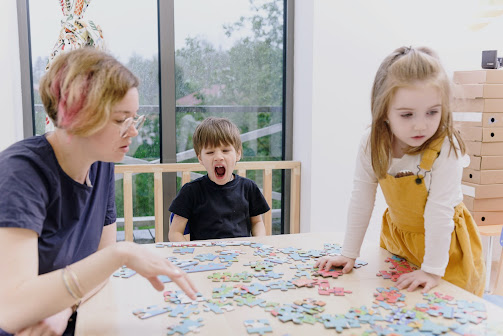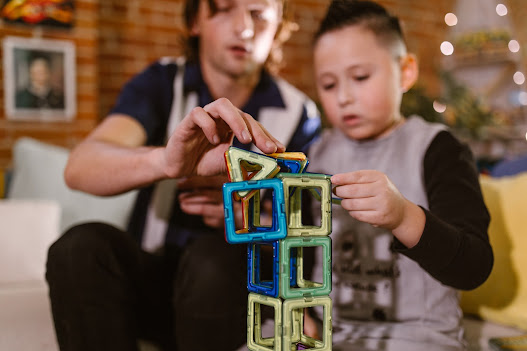The holiday season offers a unique opportunity to infuse the magic of festivities into meaningful learning experiences for children. By blending the joy of the holidays with educational activities, parents and teachers can create a rich environment that sparks curiosity and enhances skills. Take a look a these creative ways to transform the holidays into a learning experience for Montessori preschool children.
Advent Calendar Learning
Turn the tradition of an advent calendar into a daily learning adventure. Tailor each day to a specific learning theme, incorporating activities that align with subjects like math, science, language arts, and art. Whether it's a math problem, a science experiment, or a festive art project, the advent calendar becomes a source of excitement and learning throughout the holiday season. The advent calendar keeps Montessori preschoolers engaged in learning activities daily, fostering a consistent and enjoyable learning routine. Provide a well-rounded educational experience by integrating a range of subjects.
Holiday Reading Adventures
Transform the enchantment of holiday stories into a literary wonderland of learning. Select a range of holiday books suitable for the children's age and interests. After each reading session, engage children in discussions about the story and follow up with activities like drawing, writing, or even dramatization. Reading and discussing holiday stories contribute to language and literacy development, along with benefitting critical thinking skills.
Holiday Baking Lessons
Baking festive treats provide an opportunity for hands-on learning, incorporating math skills, following instructions, and understanding the science behind baking. Choose simple and age-appropriate holiday recipes for baking. Baking fosters practical application of math concepts and science principles. Learning to follow a recipe and bake independently instills valuable life skills.
Cultural Exploration
Use the holidays as a gateway to explore diverse cultures and traditions from around the world. Each day, focus on a different country's holiday traditions, customs, and celebrations. Engage children in activities like crafts, cooking, and storytelling that reflect the rich tapestry of global holiday festivities. Incorporate hands-on activities that represent each country, such as creating crafts, trying traditional foods, or learning a few phrases in the language. Exploring global celebrations enhances cultural awareness and appreciation along with learning about the geography of different countries.
By weaving educational experiences into the magic of the holidays, parents and educators can create a season of enriching discoveries for children. Embracing the magic of the holidays as a catalyst for educational exploration ensures that children not only celebrate the season but also cultivate a love for learning that extends beyond the festivities.










